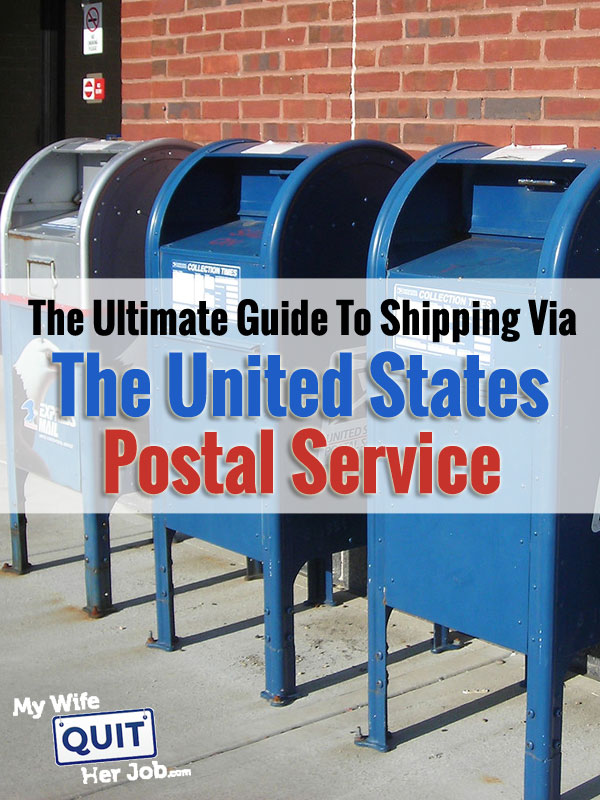Breaking news has just emerged that the United States Postal Service (USPS) has temporarily halted shipments from China and Hong Kong. This sudden decision is sending ripples through the e-commerce industry, affecting both businesses and consumers alike. With major brands like Shein and Temu relying heavily on these shipment routes, understanding the implications of this suspension is crucial for anyone involved in international trade or online shopping.
This development comes amid shifting trade policies and increased scrutiny over import duties. As the USPS navigates these changes, it's essential to explore what this means for you, whether you're a business owner dependent on overseas suppliers or a consumer awaiting packages from abroad. Let’s delve into the details and examine how this situation might impact your day-to-day operations and personal deliveries.
Understanding the Suspension of Chinese Parcels
The US Postal Service has recently announced the suspension of shipments originating from China and Hong Kong. Although no official explanation was provided, this move closely follows the closure of the de minimis loophole by the Trump administration. This loophole previously allowed parcels valued under a certain threshold to enter the country without incurring import duties, significantly benefiting Chinese e-commerce platforms.
By halting these shipments, the USPS aims to address concerns related to unfair trade practices and ensure compliance with new tariff regulations. The suspension highlights the complexities of global logistics and the challenges faced when implementing stricter trade policies. Businesses reliant on these shipping routes are now scrambling to find alternative solutions to maintain their supply chains.
For consumers, this could mean delays in receiving packages ordered from popular Chinese retailers. It also underscores the importance of staying informed about evolving trade policies and their potential impact on international commerce.
Resumption of Services and New Tariff Collection
In response to widespread concern, the US Postal Service has decided to resume accepting parcels from China and Hong Kong. This decision comes after assurances that the service will collaborate closely with Customs to implement the collection of new tariffs. The goal is to minimize disruptions to package deliveries while ensuring adherence to updated trade regulations.
This reversal demonstrates the USPS's commitment to balancing regulatory requirements with customer satisfaction. By working alongside Customs, the postal service aims to streamline the process of collecting tariffs, thereby reducing any inconvenience caused during the transition period. Businesses can now breathe a sigh of relief, knowing that their supply chains won't face prolonged interruptions.
However, the long-term effects of these changes remain uncertain. As the USPS adapts to new policies, there may still be some initial hiccups in delivery schedules. Consumers should expect minor delays as the system adjusts to these modifications.
Pausing Mail Delivery: A Convenient Option
If you're planning a vacation or simply need a break from incoming mail, USPS offers a convenient service known as Hold Mail. This feature allows you to pause mail delivery to your address for durations ranging from 3 to 30 days. Best of all, this service is free and can be easily requested online, providing peace of mind while you're away.
Hold Mail is particularly useful for individuals who want to avoid cluttering their mailbox or safeguard against potential theft during extended absences. Whether you're traveling domestically or internationally, this service ensures that your correspondence remains secure until you return.
In light of recent changes in postal services, utilizing options like Hold Mail can help manage your mail flow more effectively. It's one way to stay organized amidst the uncertainty surrounding international shipments and domestic delivery systems.
Impact on E-Commerce and Future Adjustments
The temporary halt in inbound packages from China and Hong Kong has significant implications for the e-commerce sector. President Trump's new tariffs have introduced additional layers of complexity to international trade, forcing companies to reevaluate their strategies. Sellers must now account for import duties when shipping low-cost goods to U.S. consumers, which could lead to price increases or reduced profit margins.
As businesses adapt to these changes, they may seek alternative sourcing locations or adjust pricing models to accommodate the added costs. For consumers, this could translate into higher prices for imported goods or fewer choices when shopping online. Understanding these dynamics is vital for making informed purchasing decisions.
Moving forward, the USPS and other delivery systems will continue to grapple with the evolving landscape of U.S. trade policy. Their ability to navigate these challenges will determine the efficiency and reliability of future international shipments, impacting everyone involved in the global marketplace.

